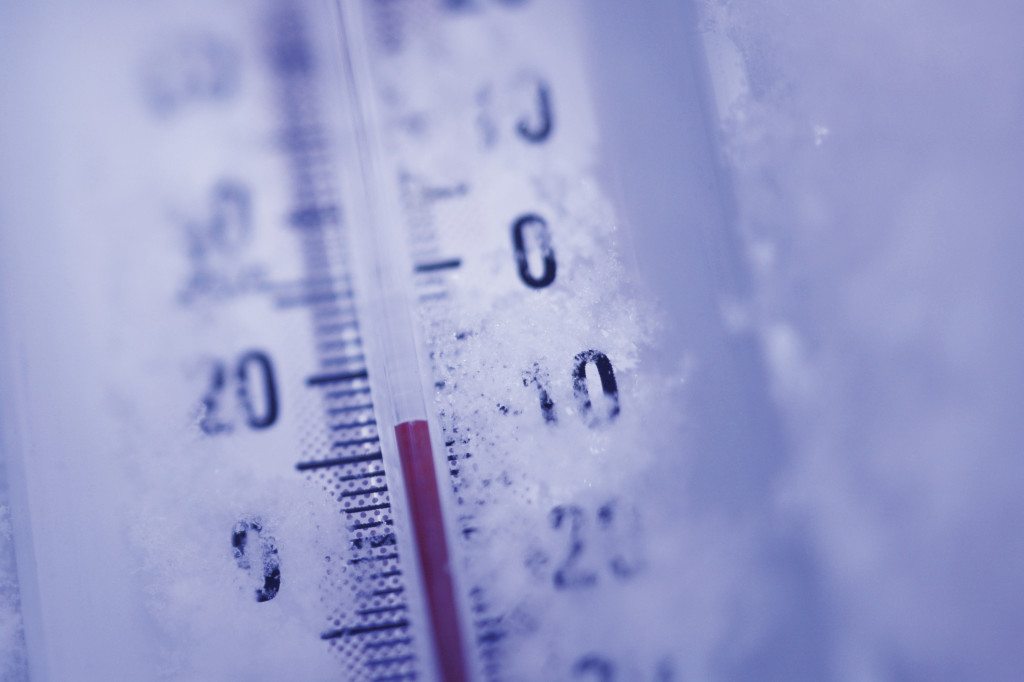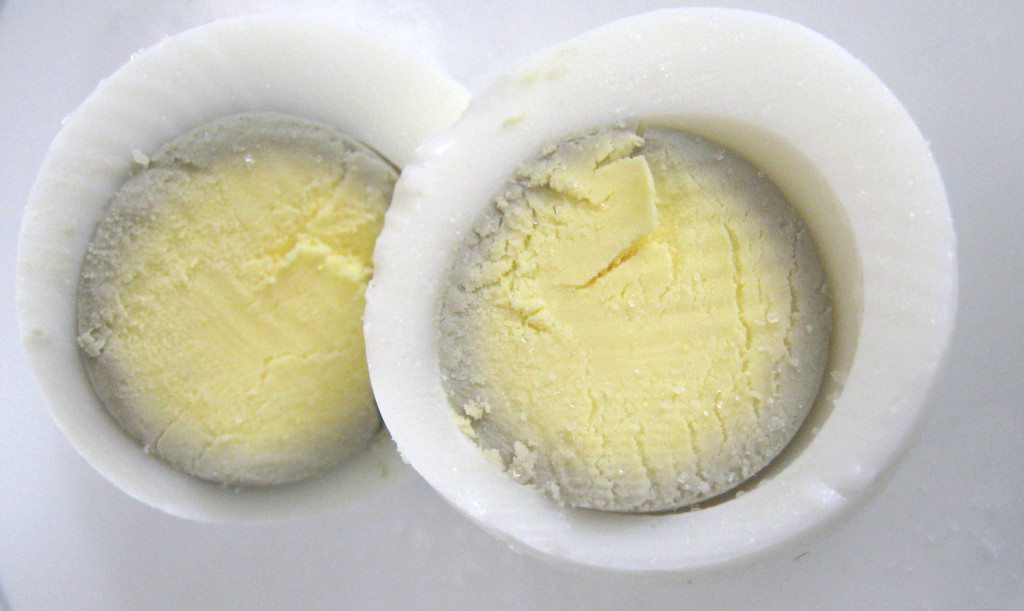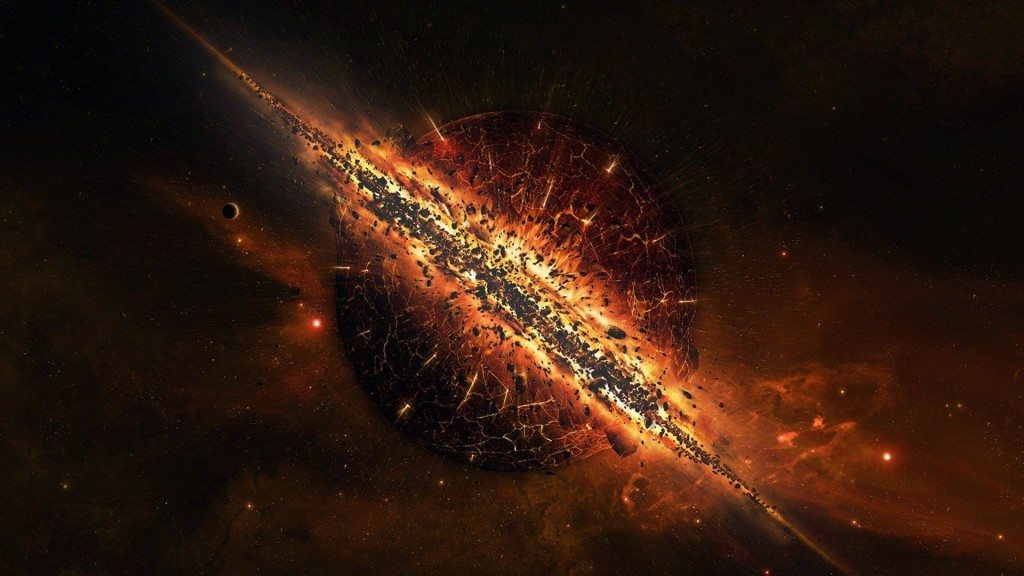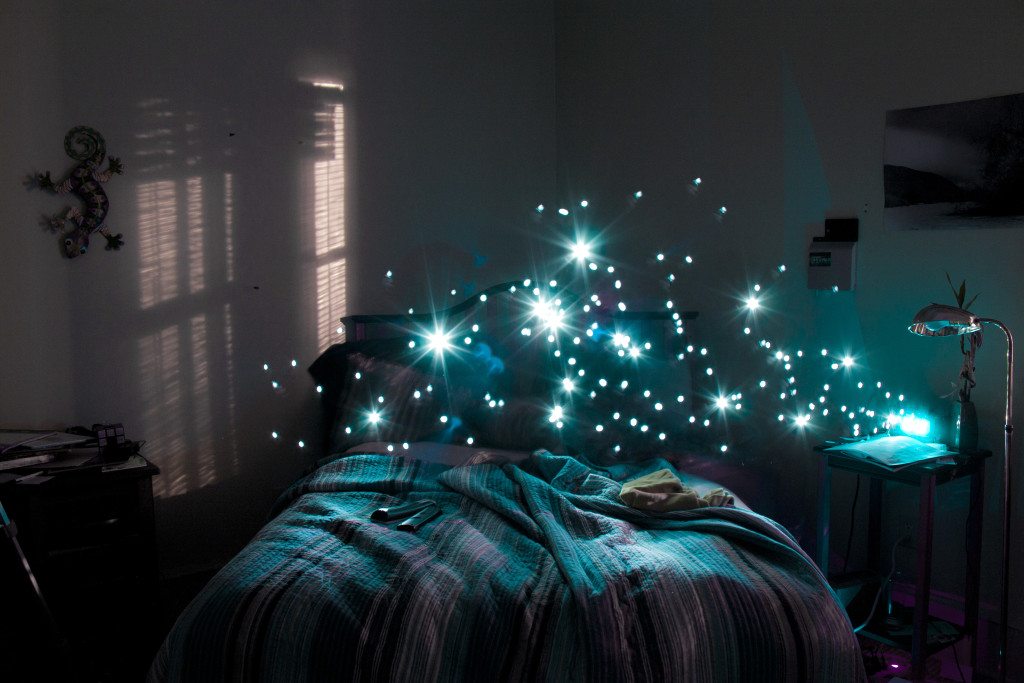Will We Ever Be Able to Log Onto Facebook With Our Minds?
Surprisingly, the answer is yes. Research at Binghamton University in the US found that every person has a unique pattern of brain activity when shown a series of images. In the study, a computer measured the brainwaves of 45 volunteers and was able to determine the identity of each person with 100 per cent accuracy. …
Will We Ever Be Able to Log Onto Facebook With Our Minds? Read More »















